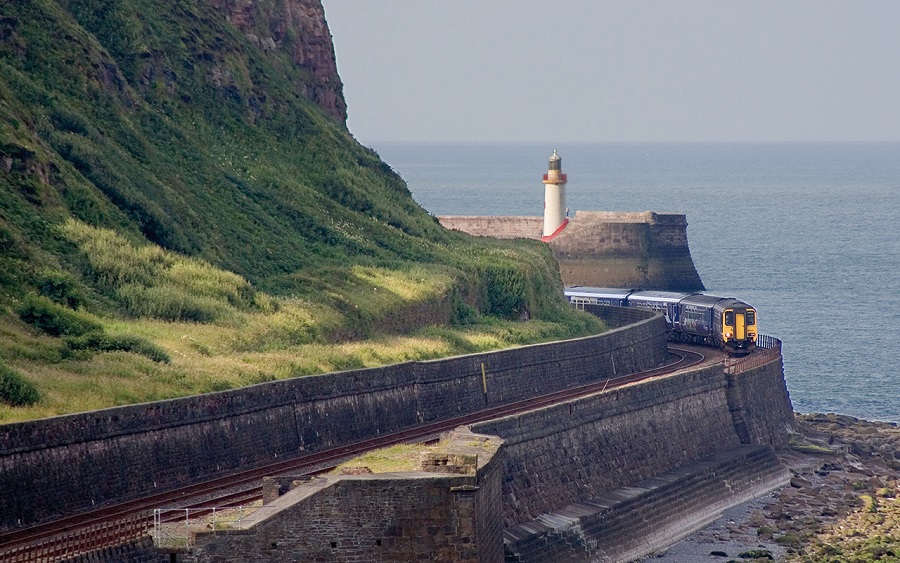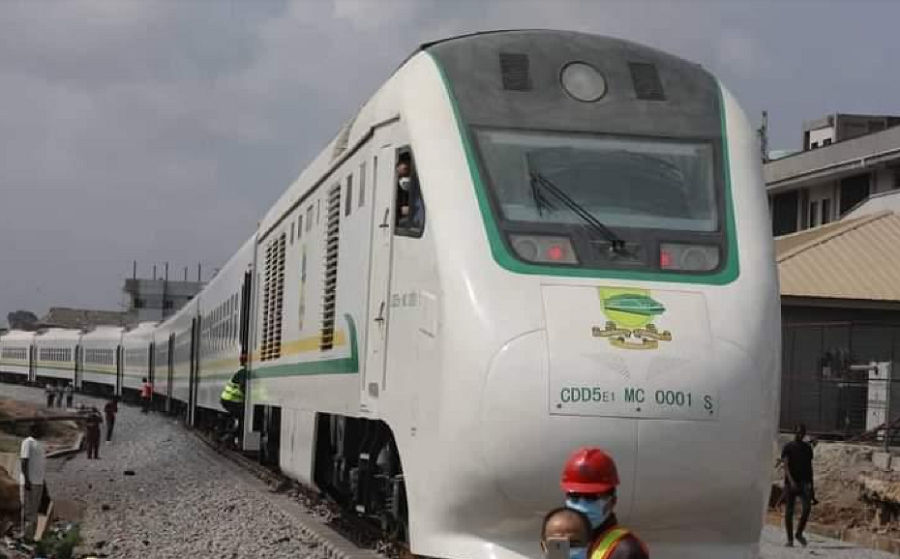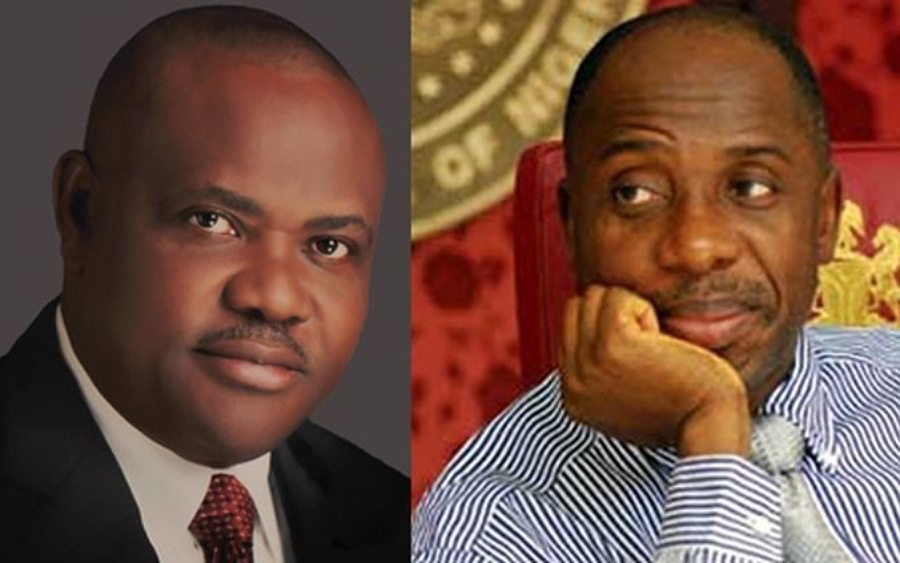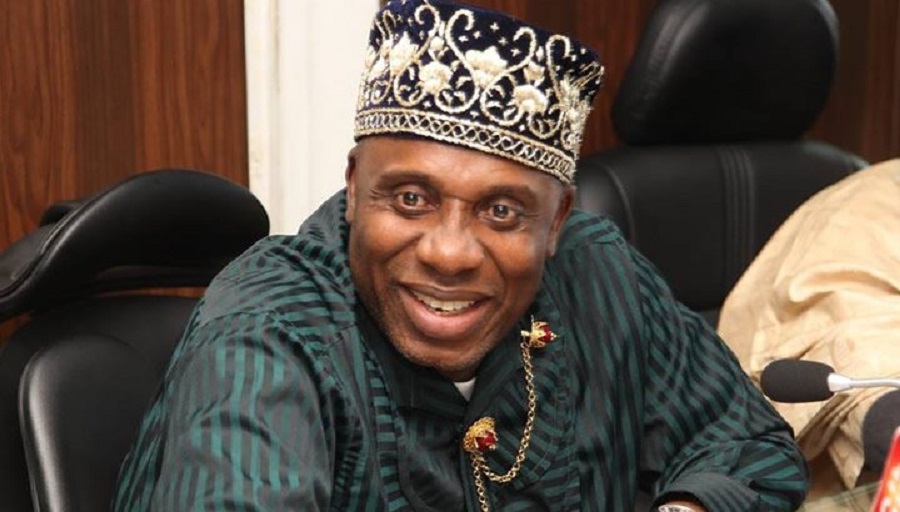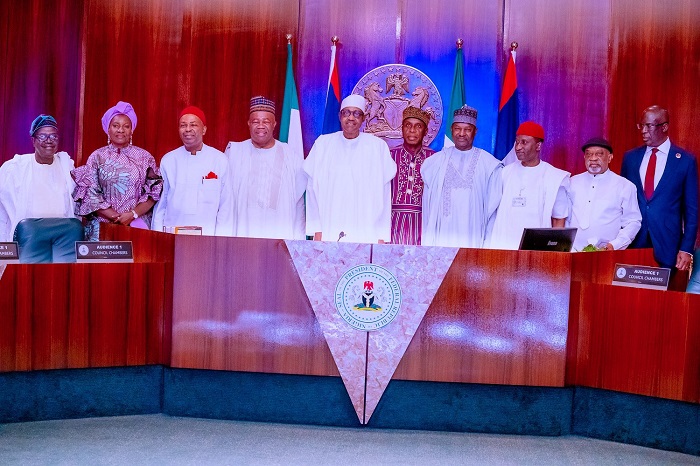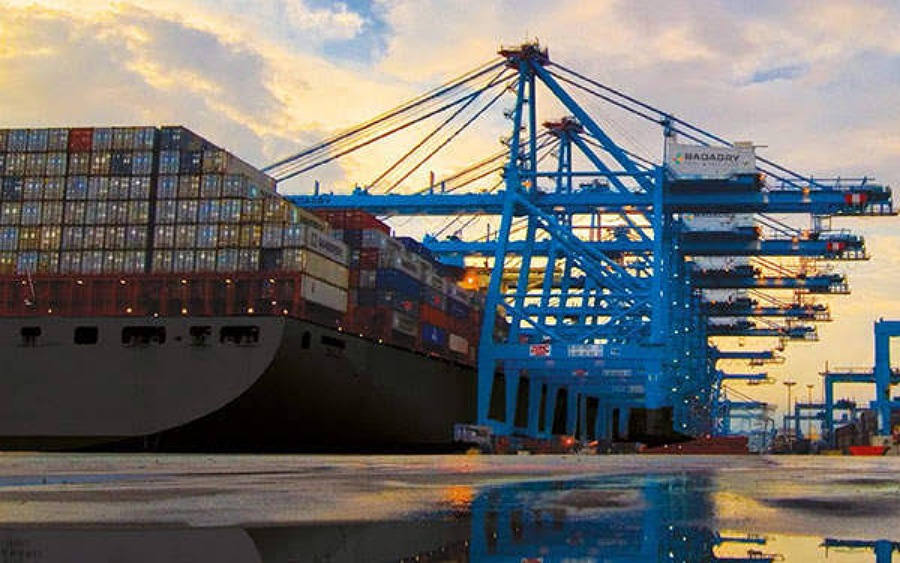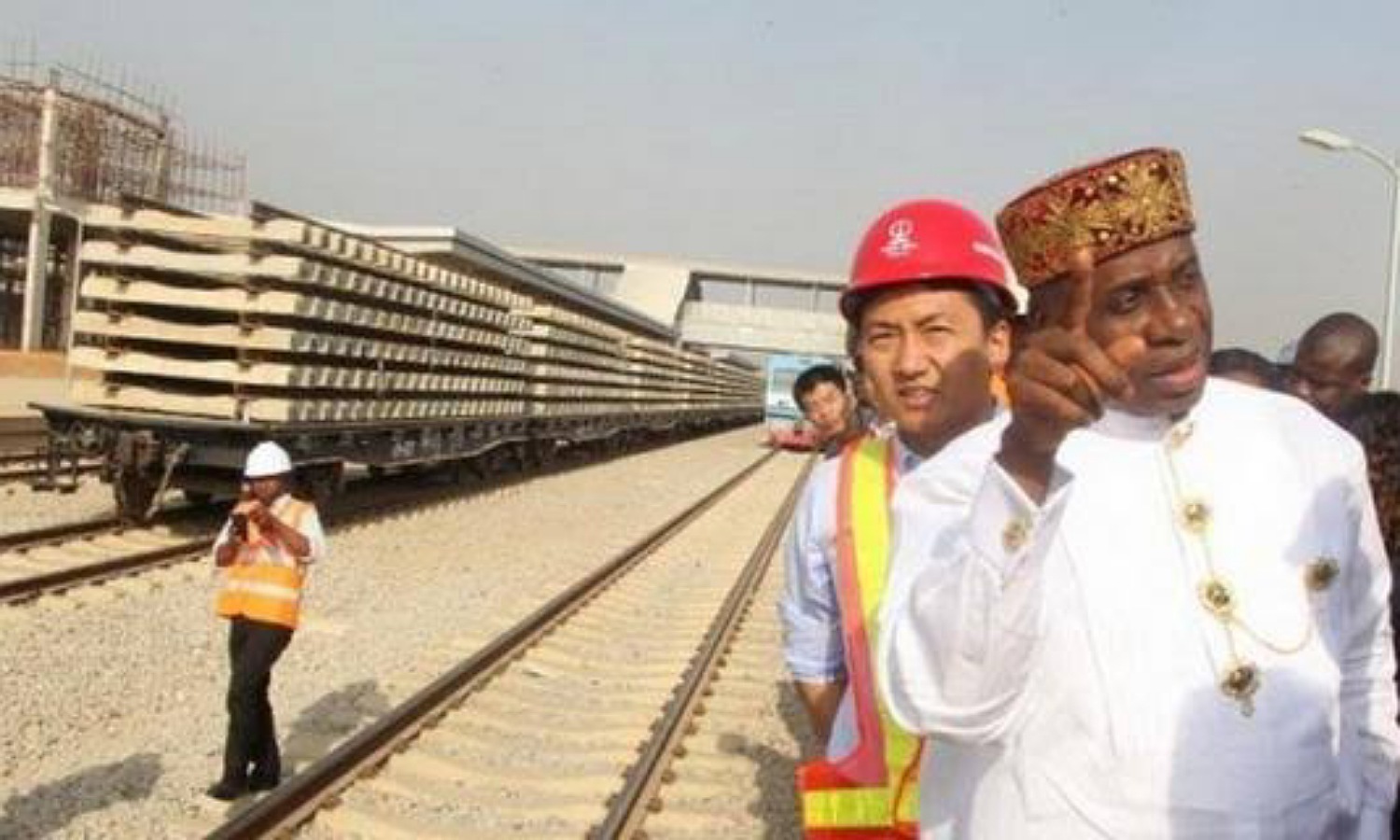The Federal Government has approved $2.3 billion for the construction of a rail line that will run across Nigeria’s coastal states.
Chinese banks will provide $1.8 billion (78.26%) of the fund in the form of a loan facility. The Federal Government, on its part, will contribute the balance of $500 million (21.74%) as counterpart fund.
The Minister of Transportation, Rotimi Amaechi, who disclosed this yesterday, during his valedictory press conference, stated that the project would cover Lagos, Delta, Anambra, Edo, Rivers, and Cross River States. It will also connect the central rail line that goes to Abuja, he said.
“the government has approved for us to seek a loan of $1.8bn to start work on the coastal rail. The coastal rail is from Lagos to Calabar. So we are taking the segment that starts from Port Harcourt to Warri to join the central line that goes to Abuja.
“And then another segment that starts from Benin to Onitsha. But as it is going to Onitsha, it will join the central line again at Agbor. The Port Harcourt-Warri line will join the central line at Warri. The Benin-Onitsha line will join the central line at Agbor. They are all part of the coastal rail line, which is about $11.1bn.”
He noted that the Federal Government had equally given its approval for the development of the central line.
Funding for the project: Speaking further, the Minister disclosed a Special Purpose Vehicle would be used to borrow the money from China, on behalf of the Federal Government. In other words, the Government will not be raising the capital itself. However, it will make a 15% equity contribution to the project while the contractor makes a 10% equity contribution. The Special Purpose Vehicle that would borrow the outstanding 75% would be constituted.
“The Federal Government will give a sovereign guarantee to enable them to get a quick loan. In turn, the contractor will give us a performance guarantee. The performance guarantee means that since you have concessioned this project to me after the completion, I will run the seaport and the rail line in such a way that I will pay back in 20, 30 or 40 years time, depending on the agreement reached.”
Why it matters: The planned coastal rail line project is an important development due to the many ways it could contribute towards the development of the Nigerian economy. The project itself will create jobs opportunities for Nigerians. More so, it would catalyse economic activities by encouraging easier and more efficient transportation across the country.

